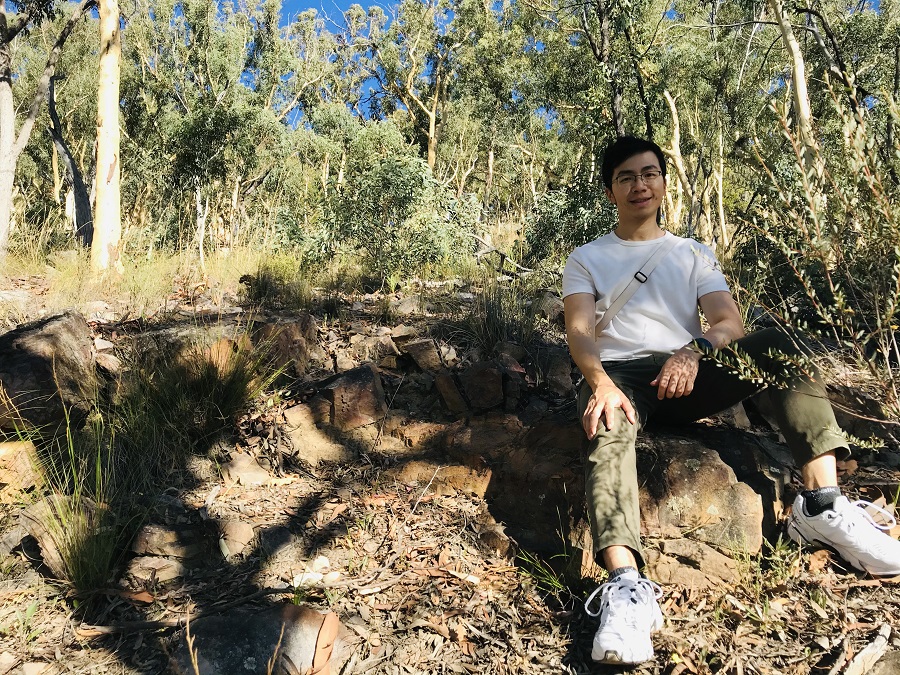PS Webinar Series- PhD Exit Seminar : Understanding how a wheat pathogen avoids host immune responses
Wheat is an important food supplier contributing to about one-fifth of worldwide daily caloric and protein needs.
Speakers
Event series
Content navigation
Description

Abstract - Wheat is an important food supplier contributing to about one-fifth of worldwide daily caloric and protein needs. However, wheat septoria nodorum disease caused by the fungal pathogen Parastagonospora nodorum has developed significant economic losses (75M USD losses p.a.) and threats to food security. Therefore, understanding wheat-pathogen interaction is important to optimise our control strategies on this wheat disease. In my study, I focused on realising how P. nodorum utilises Tox3 effector protein to avoid host immune responses to facilitate its virulence. Tox3 is a well-known effector protein causing rapid and strong cell death responses in wheat cultivar harbouring Snn3 gene. Besides, in the Solomon Group, we found the Tox3 also interacts with wheat pathogenesis-related protein 1 (TaPR1) though the biological role of this interaction is unknown. To understand Tox3-TaPR1 interaction and the function of TaPR1, TaPR1 proteins were recombinantly expressed and purified for functional assays. The results show TaPR1 repressed P. nodorum diseases by triggering host defence signalling. This defence induction is due to the cleavage of TaPR1 to release the CAPE1 peptide, which is embedded at the C-terminus of PR1 proteins, by a serine protease in plant apoplast. The TaPR1 cleavage was required for its function in defence activation but compromised by the Tox3-TaPR1 interaction. The activation of TaPR1-mediated defences was unaffected by co-incubation with the non-interacting Tox3P173S variant implying that Tox3 directly interacts with PR1 to suppress host defence. Furthermore, we demonstrate that Tox3 interacts with TaPR1 proteins to inhibit TaPR1 cleavage and the release of CAPE1. Collectively these data demonstrate that the Tox3 effector independently functions to induce necrosis and suppress host defence. Importantly, this study also advances our understanding of the role of PR1 proteins in host-microbe interactions as inducers of host defence signalling.
Biography - Yi-Chang completed his master and bachelor degrees in the Department of Plant Pathology and Microbiology at National Taiwan University. Following this he commenced his PhD in 2017 in the Solomon group, Research School of Biology at the Australian National University. His PhD project is focused on understanding the function of PR1 protein in plant immunity and its interaction with fungal effector Tox3.
Location
Eucalyptus Seminar Room, S205, Level 2, RN Robertson Building (46)
OR Please click the link below to join the webinar:
https://anu.zoom.us/j/89329835061?pwd=eTFiTmd1U1JmYmUwN2NlSFRXcURSdz09
Webinar ID: 893 2983 5061
Passcode: 148330




